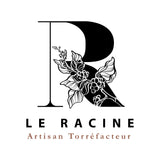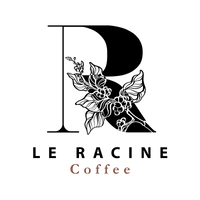Guji terroirs
The terroir of Guji, in Ethiopia, is a nugget for coffee from
speciality. Nestled in the mountains of Ethiopia, this region
benefits from high altitude, rich soils and microclimates
unique. These conditions favor the cultivation of the most common varieties of coffee.
more exquisite. Guji coffees are prized for their flavors
complex, ranging from fruity and floral notes to sweet and
tangy. The region is also known for its harvesting methods
and traditional treatment, making it a must for
premium coffee lovers looking for character
and refinement in every cup.



















